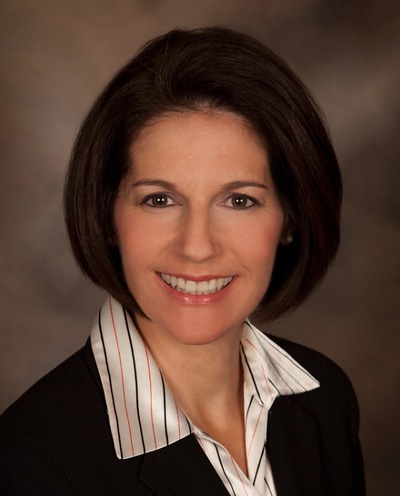Friday, Sept. 25, 2009 | 2 a.m.
Sun Archives
- Mortgage fraud is expected to escalate (7-17-2009)
- Editorial: Tackling fraudulent loans (4-10-2009)
- Foreclosures attracting fraudulent schemes (2-5-2009)
- Las Vegas man pleads guilty to mortgage loan scam (11-20-2008)
- Hearing delayed for 2 mortgage brokers accused of fraud (11-20-2008)
- Arrests made in mortgage loan scam (11-4-2008)
- Mortgage fraud blamed in more foreclosures (10-21-2006)
Related Document
John Kelleher’s professional life is beginning to feel cyclical, like the seasons.
Nevada Attorney General Catherine Cortez Masto asked Kelleher, a chief deputy, to head a mortgage fraud task force in early 2007.
With so many shady real estate players and dicey mortgages, the new task force kept him busy.
Then the foreclosure wave started, and the task force shifted its focus to scam artists falsely promising to keep Nevadans in their homes for a steep fee.
Then the fraudsters began offering phony loan modification services, so Kelleher went after them, too.
And now, with foreclosures and sinking home prices prompting an uptick in real estate sales activity and an influx of investors buying houses — think of it as spring again — Kelleher is back to square one: plain old mortgage fraud.
“We’ve come full circle,” he said in an interview, sounding incredulous.
He tries to keep his good humor about him, but the work is grim, another side effect of Nevada’s Great Recession.
According to his boss Cortez Masto, Nevada leads the nation in mortgage fraud.
In one typical case, the attorney general alleges that in 2007 a Henderson company called Sapphire Mortgage “obtained mortgage loans for clients by inflating home values using fraudulent appraisals, falsifying loan documents, inflating buyers’ income, forging signatures on checks and loan documents, and submitting bogus invoices for the purpose of obtaining loan proceeds.”
The mortgage fraud didn’t always target faceless banks, but was also directed at vulnerable Nevadans, according to the attorney general’s office. In one case, the defendants forged an elderly victim’s signature on loan application documents, submitted the loan and pocketed a commission.
When the foreclosure crisis hit, scam artists were conning homeowners into giving them a flat fee — often thousands of dollars — in exchange for helping them save their homes. Only, they would take the fee and provide no service.
The Legislature stepped in and began regulating foreclosure consultants in 2007. But it was a game of whack-a-mole, and the scam artists evolved again. The new law applied only to people advising homeowners on the foreclosure process, so the scammers became “loan modification consultants,” offering their services before foreclosure.
Again, the fraudsters would demand up-front money, but never provide services.
This year the Legislature acted again, this time to regulate loan modification consultants, forcing them to become licensed and bonded and preventing them from taking up-front money and running.
At the moment, Kelleher is primarily focused on these fraudulent loan modification specialists.
Certainly there are many companies providing sound and legitimate advice to people trying to escape onerous loan terms.
Still, Nevadans have registered complaints against 130 companies; there are active investigations against 40 of them.
Lately, Kelleher is even seeing twofers: A company scams a customer into paying for a loan modification, and rather than just walking away with the money, the company gets a phony loan, pocketing the commission on the new loan.
As in most scams, the elderly are a frequent target, Kelleher said.
All this raises the question: What’s wrong with Nevadans?
Why are we so prone to preying?
Michael Green, the Nevada historian, said the real estate boom and bust and their attendant crimes are in line with a long history of get-rich-quick schemes, going back to phony mining claims.
“A lot of the history of the frontier is a history of the scam artist and the trickster, and we’ve had no shortage of that,” he said.



Join the Discussion:
Check this out for a full explanation of our conversion to the LiveFyre commenting system and instructions on how to sign up for an account.
Full comments policy